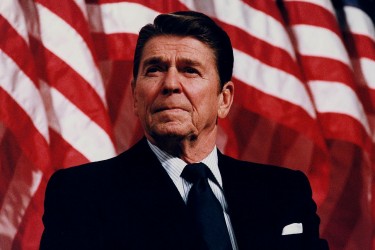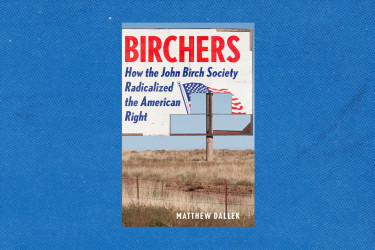Samuel Moyn, a professor of law and history at Yale, maintains that today’s liberals are feeble even when they manage to take their own side. The central thesis of his daring new book, “Liberalism Against Itself: Cold War Intellectuals and the Making of Our Times,” is that Cold War liberals and their contemporary heirs do not champion a stirring vision so much as they adopt a self-protective crouch. Recent examples abound. In an excellent essay about misogyny on the alt-right published last week, Atlantic staff writer Graeme Wood ends by thanking reactionaries for providing liberals with a renewed sense of purpose. “Unchallenged, liberalism’s defenses waned,” he concedes, “and liberals forgot, temporarily, why their cause was worth defending.” They also forgot — and more than temporarily — to not just defend but actively promote their ideals. Meanwhile, New York Times stalwart Ross Douthat recently noted that the Democrats’ presidential campaign is less about touting their own policies than about “abnormalizing” the abuses of their opponents.
The ignominies of Jan. 6 were indeed abnormal, but criticism of the enemy, Moyn argues, must be supplemented with something more substantive and sustaining. If liberalism’s appeal is increasingly tenuous, it is at least in part because it advertises itself in such singularly uninspiring terms. As Moyn, a reluctant liberal, so pithily puts it, “Cold War liberalism was a catastrophe — for liberalism.” But perhaps it is not too late to save the outlook from its own pathologies.
Detractors on both the left and the right tend to sketch the same caricature of the prototypical liberal: a chipper rationalist who is scornfully secular, naively sanguine about humanity’s prospects for self-improvement and devoted to the philosophy of the Enlightenment. “Liberalism Against Itself” takes evident relish in turning these historically dubious dogmas on their heads.
The Cold War liberalism that emerged in the 1940s and ’50s, Moyn claims, was a paranoid and profoundly pessimistic posture, defined almost entirely in opposition to Soviet communism and German and Italian fascism. American historian Arthur Schlesinger Jr. and French philosopher Raymond Aron are most frequently associated with this mid-century turn, but Moyn opts to focus on thinkers he regards as comparatively underappreciated, including the Harvard political theorist Judith Shklar, the Oxford philosopher Isaiah Berlin, the roaming philosopher of science Karl Popper, the liberal-turned-neoconservative Gertrude Himmelfarb, the all-around intellectual celebrity Hannah Arendt and the literary critic Lionel Trilling.




















